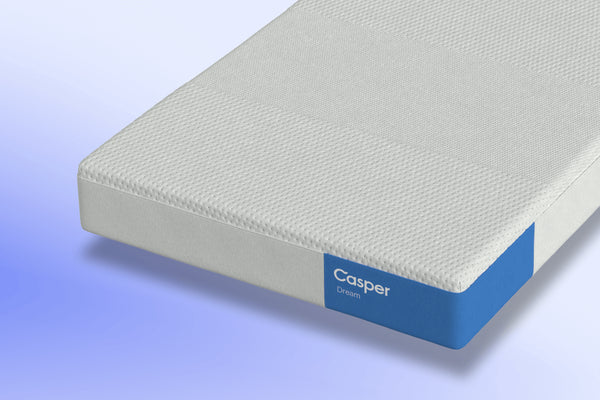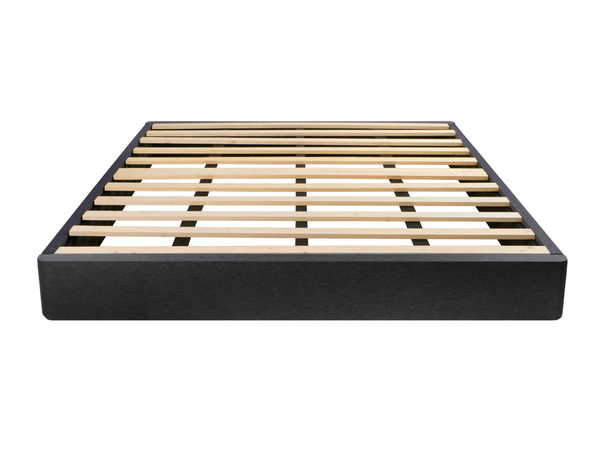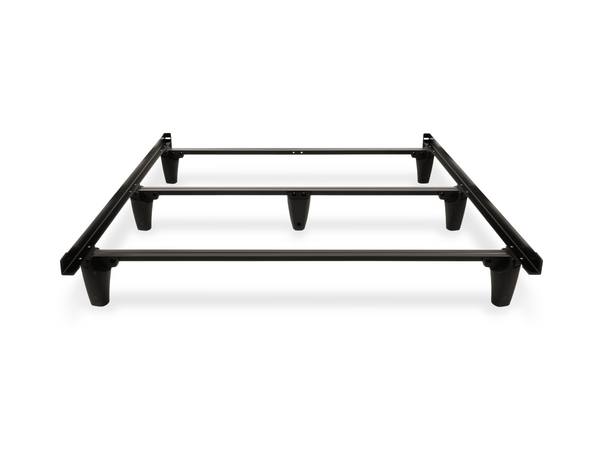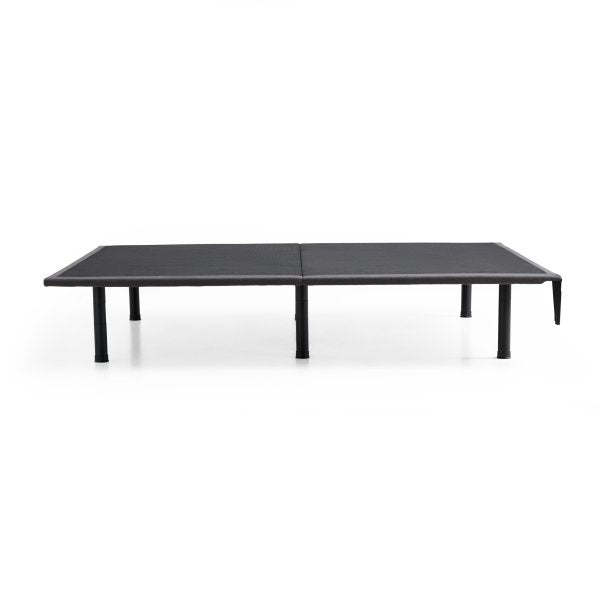
Frequently Asked Questions
1. Why is the pillow important for quality sleep?
2. What factors should I consider when choosing a pillow?
3. How do pillows impact different sleep positions?
4. When should I replace my pillow?
5. What are the health benefits of quality sleep?
When we think of a good night's sleep, we often picture cozy blankets, a cool room, and leaving our stress of the day behind. Yet, one crucial component of quality sleep is often overlooked: the pillow. A pillow is more than just a fluffy accessory; it plays a significant role in our sleep quality. In this article, we'll dive deep into the essential role of pillows in improving sleep quality and overall well-being.
Understanding the Importance of Sleep Quality
Sleep is not just a time for our bodies to rest; it’s a complex process that contributes to our mental and physical health. Quality sleep enhances cognitive function, emotional stability, and even our immune system. When we compromise our sleep quality, we risk long-term health problems like heart disease, obesity, and depression. Therefore, it’s critical to ensure every aspect of our sleep environment is optimized, starting with the pillow we use.
What Makes a Great Pillow?
The perfect pillow is highly subjective and should cater to individual needs based on a variety of factors:
- Sleep Position: Back, side, or stomach sleepers require different types of support.
- Material: Pillows made from memory foam, latex, feather, or polyester offer distinct feels and support levels.
- Loft and Firmness: Loft refers to the height of the pillow, while firmness determines how soft or hard it feels.
Understanding what makes an ideal pillow for your specific sleep style is vital to enhance sleep quality effectively.
The Connection Between Pillows and Sleep Positions
How you sleep can significantly impact the support and alignment your body needs throughout the night. Let’s explore the best pillow types for common sleep positions.
Back Sleepers
If you sleep on your back, your pillow should support the natural curvature of your neck and head. A medium loft pillow that maintains alignment between your head, neck, and spine will help alleviate strain. Memory foam or latex options are often recommended because they provide resilience and comfort.
Side Sleepers
Side sleepers tend to benefit from thicker, firmer pillows that fill the gap between the shoulder and head. This pillow height helps maintain spinal alignment and prevents neck and shoulder pain. Those who sleep on their sides may prefer a Contour pillow that nurtures the curve of their neck and head.
Stomach Sleepers
If you tend to sleep on your stomach, a thinner and softer pillow is ideal. This helps prevent neck strain and maintains spinal alignment. Many stomach sleepers find that no pillow or a very flat pillow works best to avoid excessive neck strain during the night.
The Impact of Pillow Materials
Pillows can be made from various materials, each providing different levels of support and comfort. Understanding these materials helps identify which option may be best for your sleep quality.
Memory Foam
Memory foam pillows adapt to the contour of your head and neck, offering excellent support and alleviating pressure points. This material is particularly beneficial for back and side sleepers who need assistance with alignment.
Latex
Latex pillows are renowned for their durability and natural bounce. They provide firm, supportive comfort and a cooler sleeping experience, making them an exceptional choice for hot sleepers.
Feather and Down
Pillows filled with feathers or down provide a soft and luxurious feel. They can be molded and adjusted to suit different sleeping positions. However, they may not offer the same level of support as memory foam or latex options.
Polyester
Polyester pillows are an affordable choice and come in various densities. They are generally soft but may not maintain their shape as effectively as higher-end options. They can be a suitable choice for those who frequently change their sleep position.
The Lifespan of Pillows: When to Replace
Even the highest quality pillows have a limited lifespan. Keeping your pillow in service for too long can be detrimental to your sleep quality. So, how can you tell when it’s time to replace your pillow?
- Visible Wear: If your pillow appears lumpy or has lost its shape, it’s time for a replacement.
- Odors: An accumulation of dirt, dust mites, and allergens can lead to unpleasant smells. If your pillow has developed an odor, it's best to replace it.
- Allergy Symptoms: If you notice increased allergy symptoms like sneezing or a runny nose, dusty pillows might be the cause.
- Time Frame: As a rule of thumb, replace pillows every 1 to 3 years, depending on the material and usage.
The Psychological Aspect of Pillows
Did you know that the psychology of your sleep environment extends to your pillow as well? The comfort level and personal connection you have with your pillow can influence your ability to relax and fall asleep:
Comfort and Emotional Association
Many people develop strong emotional ties to their pillows, often viewing them as a source of comfort. This connection can enhance relaxation and foster a sense of security essential for quality sleep.
Creating a Sleep Sanctuary
Your pillow is a key player in your sleep sanctuary. By choosing the right pillow, you contribute to a calming and soothing environment that promotes relaxation. Pair your choice with the right bedding, lighting, and noise control for a complete sleep experience.
Exploring the Health Benefits of Quality Sleep
Quality sleep goes beyond just feeling rested. It has numerous health benefits that affect every aspect of our lives:
- Improved Cognitive Function: Better sleep enhances memory, attention, and decision-making skills.
- Emotional Well-being: Adequate sleep helps regulate emotions, reducing symptoms of anxiety and depression.
- Immune Support: A well-rested body is better equipped to fight off illness and recover from fatigue.
- Weight Management: Quality sleep helps regulate hormones tied to appetite control, which aids in weight management.
Tips for Choosing the Right Pillow
When it comes to selecting the right pillow, consider the following tips to enhance your sleep environment:
- Test Before You Buy: If possible, test pillows in-store to determine what density and shape works best for you.
- Read Reviews: Look for customer feedback to gather insights into the durability and comfort of various pillow types.
- Consider Your Allergies: If you have allergies, opt for hypoallergenic pillow materials.
- Prioritize Personal Comfort: Ultimately, the right pillow should feel comfortable and supportive for your individual needs.
Transform Your Sleep Experience
Your pillow holds the power to transform your sleep quality and overall well-being. Paying attention to the type, material, and condition of your pillow could be the difference between restless nights and restful slumbers. Remember that a good pillow is essential in achieving that well-deserved quality sleep. Prioritize your pillow choice and experience the myriad benefits of restful nights. Enjoy the journey to better sleep and embrace the profound impact that a simple pillow can have on your overall health and happiness!









